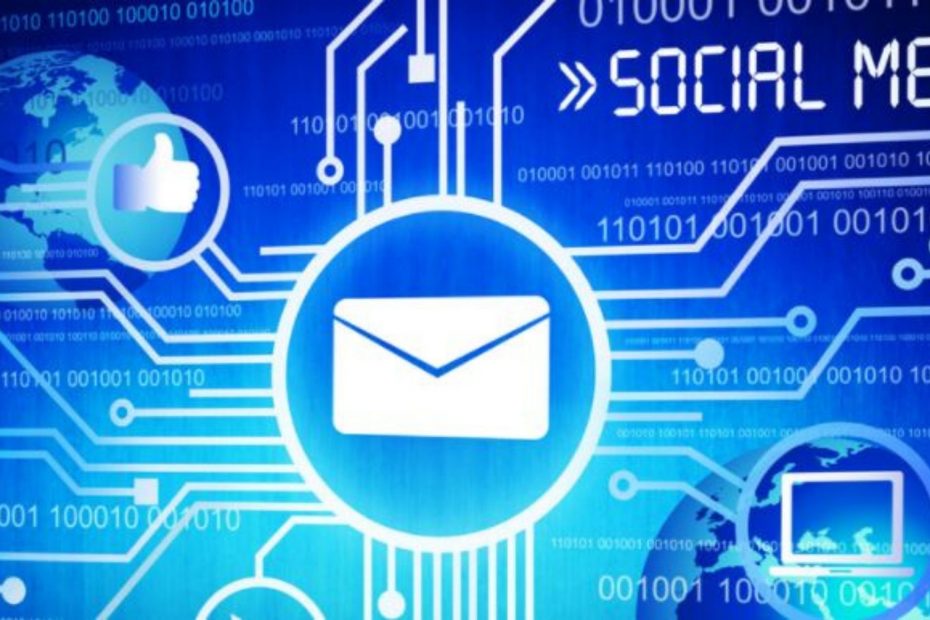Social media security risks are very real. Hardly a week goes by where I don’t see a message from someone stating that their social media account has been hacked. What are these major social media security risks, and how can you defend against them? Read on for my tips and suggestions!
The major social media security risks that get your account hacked!
Phishing and baiting – the most common of all the social media security risks
Put the boat away, this isn’t that kind of phishing and baiting, but it sure does sucker a lot of people into taking a big fat bite. This social media security risk can describe any number of different hacks that gain your personal information.
The basic premise of these social media security risks revolves around links and messages being sent to you which seem legitimate, and that then attempt to get sensitive information from you.
One of the more common social media risks is called clickjacking. Hackers will disguise a corrupt link under a legitimate one so that you click on it and believe that it is real. This is common within ads that are displayed in social media sites, the special name for it is malvertising.
How to defend against phishing and baiting
The easiest way to defend against this is to never give out any personal details to a website that you have been directed to. All sign in information should go in to the homepage of the website that you’re signing into. A tool that you can use if you’re not sure is called Web of Trust, which is a browser plugin that ranks websites based on past experiences.
The biggest of social media risks is weak security
The biggest risk that you will face on social media is how much the big sites don’t actually care that much about your security. Facebook, Twitter, and LinkedIn have all been hacked due to weak security.
This was highlighted big time by the Heartbleed bug. These leaks in security are slowly plugged by social media, but some take their sweet time in doing so.
Worse yet, if hackers gain access to any of your friend’s accounts, they can use that to impersonate them, send you messages full of phishing and baiting, and trick you into giving your information over to your friend’s hijacked account.
How to defend against weak security on social media websites
This is a toughie. The problem is with the website itself, unless you work for them you can’t change their security. To defend against this social media security risk you’re going to have to limit the amount of information you share over them. If a hacker only ever finds the plans you made for last Friday night, or the Katy Perry video “Last Friday Night” which you shared with your friend, they’ll move on from your account.
Man in the Middle Attack social media security risks
This hack is a favorite amongst those who are trying to steal sign in data. It starts at a public location where a ‘free’ WiFi account is set up by the hacker. You sign onto the WiFi and do your  thing. The hacker can steal your information in one of two ways:
thing. The hacker can steal your information in one of two ways:
- By asking for a username and password to sign onto their WiFi. They then use a program to see if this information matches the sign in for other accounts.
- By watching and reading your traffic. There’s no encryption between the connection and your computer, allowing hackers a chance to sit back and watch your activity as easily as the news.
This social media security risk is more prevalent than you may think, and I’m willing to bet that a good number of people who have found out that their social media account has been hacked were also using a public WiFi recently.
How to defend against the Man in the Middle social media security risks
The easiest way to do this, failproof, is with a
The other way to defend against these types of social media security risks is to use different passwords as often as possible, and never trust a WiFi that asks for you to create a username and password. When in doubt, ask the people who work at the location about their WiFi.
Oversharing social media security risks are YOUR fault
We all love sharing on social media, it’s the nature of the websites. Sharing that Katy Perry video, like we were discussing above? Not a problem at all. In fact, send it to my Facebook any time! Sharing your social security number, even though a ‘private’ message? A terrible idea.
Remember above where I was discussing the problem of weak security? This can be compounded if you share things on social media that really shouldn’t be shared. Those private messages are no longer private when a hacker has accessed your account.
This oversharing also takes place in posts that are publicly displayed too. If you don’t want people to have access to it, don’t post it publicly!
How to defend against oversharing social media security risks
This is all going to read as obvious to most, but here goes: Social media is just barely private. All of the major social media sites are monitoring what you’re saying, and tracking it. If they can do it, guess who else can? The hackers who are just as good at programming and coding as anyone at Facebook.
Protect yourself from social media security risks
We all thought that social media was fun and games when we first signed up. Every time a friend of yours is hacked, or you read of a major breach, should be a reminder to you that social media security risks are very real, and that you need to protect yourself!
https://twitter.com/RealTimeHack/status/517342761817997313
Feature image Rawpixel /Shuttertock
Free WiFi image by Keistus.

